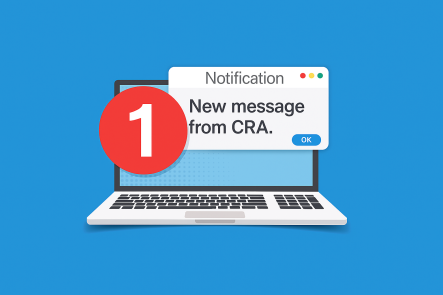Jeffrey Miller, FCPA, FCA, LPA, CFE, TEP, Partner
I’ve worked as an accountant at GGFL since 1984 and have served on many Boards in the Ottawa community in almost every capacity. I’ve served as president, treasurer, and everything in between.
Sitting on boards, and in my career as a chartered professional accountant, I have seen many budgets. This article will focus on the five biggest pitfalls I’ve seen in budget preparation and execution.
- Cash vs. Accrual
Not understanding the kind of budget your organization utilizes is a pitfall in and of itself.
A cash budget deals only with funds that flow through the organization and does not take payables and unpaid receivables into consideration. A cash budget is used to determine whether or not the organization is sustainable on a cash basis.
An accrual budget, however, takes into consideration all the money expected to come in and go out of the organization through receivables and payables. It is used to determine the total profit the organization can expect over the course of the year.
It’s not necessarily important to have both, but understanding the difference is essential.
- Making assumptions not based on historical fact
Assumptions can lead to unattainable expectations. If, for example, your organization is planning an inaugural fundraiser, it is not advisable to put your $50,000 goal in your budget with no history of success in this event, or a specific strategic plan as to how this money is to be raised.
I would not recommend including events you haven’t run before as an expected source of income. It’s best to hold the event and apply the raised monies to the next year’s budget.
- Timing of the budget
Another budgeting pitfall is the timing of the budget’s preparation. If you create the budget for 2016 in July 2015, you may not account for events that take place in the months that follow that could affect the budget. At the same time, if you prepare the budget too late, you could find your organization racing to catch up.
I would recommend finalizing the budget one to two months before your year-end.
- Not using current information to prepare next year’s budget
Your best research tool when preparing a new budget is the previous year’s actual results. You should be preparing a post-mortem at the end of every year with lessons learned. The previous year’s budget versus the actual results should be evaluated and used to help determine the next year’s budget.
- Making changes to the budget to fit results
Making revisions during the year to reflect actual results is a mistake I’ve seen made. It doesn’t allow the organization to accurately assess the budget’s success. Too often an organization wants to say they “made their budget,” but if they alter it during the year to reflect actual results, have they truly “made their budget?”
I’m often met with blank stares from Board members when presenting the financials and it’s very important that everyone on a board understand the information being disseminated.







